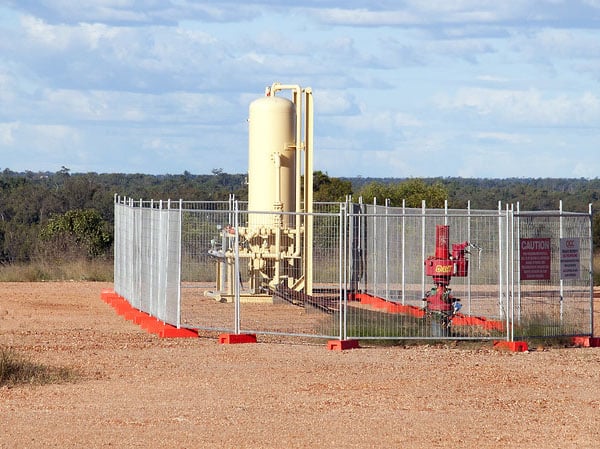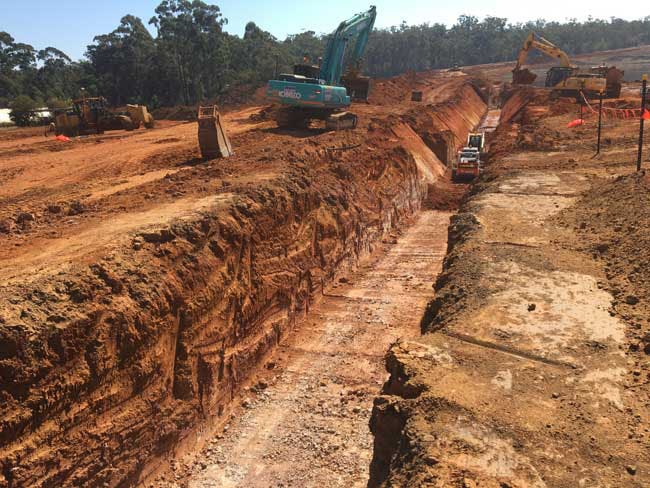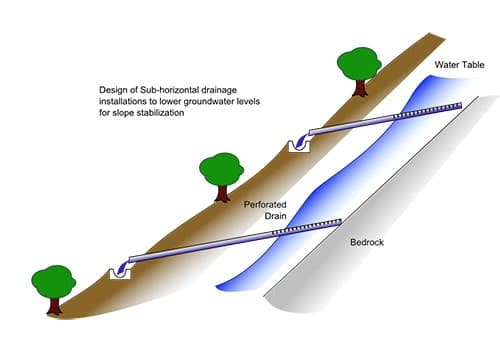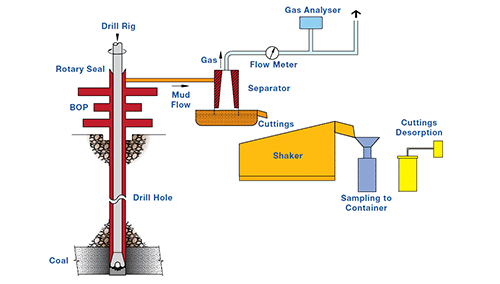Simple Uniaxial Compressive Strength Testing
(UCS)
This involves loading a core sample uniaxially along the core axis in a single loading cycle to failure. The peak load at failure is recorded and converted to a Uniaxial Compressive Strength at failure (UCS) in units of stress. This is a basic measurement that is frequently used as an indication of rock strength. The values of strength derived are highly dependent on the orientation of the sample with respect to rock fabric.
Uniaxial Testing with Strain Measurement

This involves loading a core under axial load while monitoring its axial and circumferential deformation either by strain gauges or LVDT systems. The test enables the measurement of Axial Young’s modulus (E1) and Poisson’s ratio (v12) associated with axial load alone. This value of Poisson’s ratio can tend to be high, as it is influenced at higher stresses by high near surface deformation. The test is usually taken to failure and a UCS value derived.
Cyclic Uniaxial Testing with Strain Measurement

This involves loading an instrumented core axially under cyclic loading conditions. In each cycle the core is loaded and unloaded. The results are separated into elastic and plastic deformation measurements. Axial Young’s modulus (E1) and Poisson’s ratio (v12) are derived from the test on an elastic basis. The plastic axial and circumferential deformation (ε_pa and ε_pc) at the end of each loading cycle is also presented in terms of axial stress versus axial and circumferential strain.


















